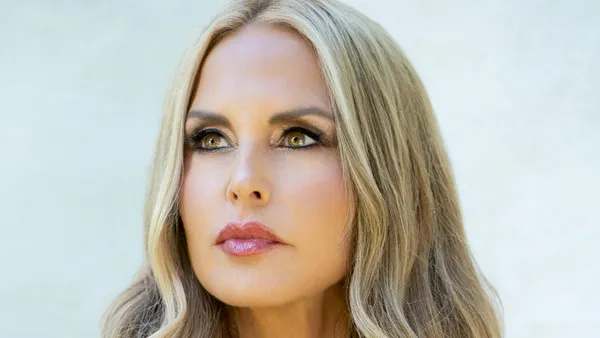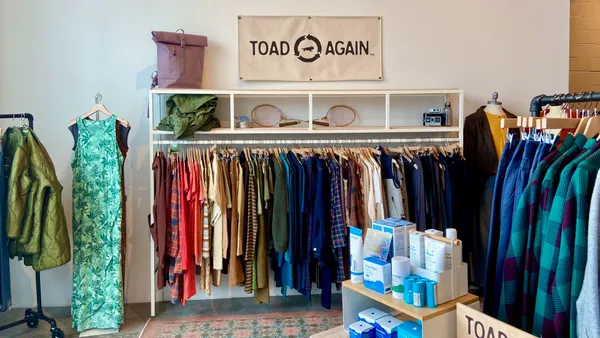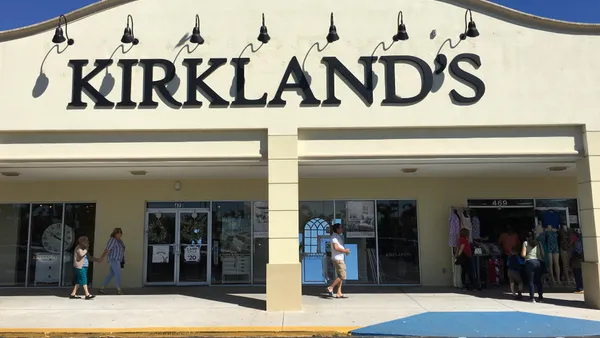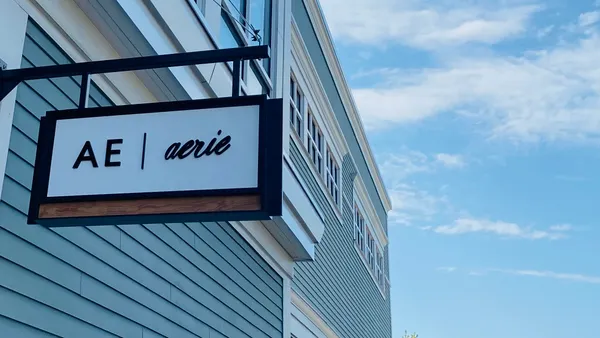Dive Brief:
-
Amazon on Thursday announced that it would add some 100,000 full-time, full-benefit jobs in Texas, California, Florida, New Jersey and “many other states across the country” over the next 18 months on top of the 150,000 U.S. jobs the company has added over the past five years.
-
The jobs are mainly in new fulfillment centers Amazon has opened nationwide, spurred in part by growth in its third-party Marketplace platform: Many sellers depend on Amazon’s fulfillment network to fill orders, the company said. At least half of the goods sold on Amazon’s site now come through Marketplace, Amazon announced in November.
-
But KeyBanc analyst Ed Yruma told CNBC that a "significant and unexplained gap” in the hiring numbers indicates that Amazon’s need for more workers may also include staffers to fill positions across its growing brick-and-mortar operations.
Dive Insight:
Amazon — the original Great Disrupter of brick-and-mortar retail — has big plans to broaden the incursion it began in 2015 with the opening of its first bookstore in its native Seattle and continued late last year with Amazon Go, a hometown grocery store that eliminates the checkout process altogether.
While its announcement of a significant number of new jobs was widely reported, as Amazon itself noted, to be within its vast and growing fulfillment network, Yruma doesn’t appear to be buying that: KeyBanc believes that the fulfillment center roadmap supports no more than 60,000 incremental jobs, a hiring gap that could be explained by an accelerated rollout of Amazon's physical retail ambitions, in particular its grocery initiatives.
Amazon isn’t saying much about its physical store operations — Retail Dive wasn’t able to get anyone there to expound on them — but we found plenty of expert observers willing to make a few guesses about its ambitions. They say physical stores have become a necessary facet of Amazon’s strategy to nurture and grow its Prime ecosystem, a virtual retail cyclone that includes not just a massive assortment of goods (including a growing number of private-label products in many categories) and multimedia services, but also an expanding series of devices and technologies designed to make shopping at Amazon even more friction-free and accessible.
The seamless checkout of Amazon Go, with one pilot store in Seattle open to just Amazon workers for the time being, is widely seen as the next frontier of in-store technology because it removes the most irritating pain point for grocery shoppers.
But don't expect Amazon to limit its physical aspirations to books and grocery, Mabel McLean, director of Amazon IQ at business intelligence firm L2, told Retail Dive last month. “Given their very aggressive category extension, I wouldn’t be surprised if a couple years down the line, it’ll be the 'Amazon Fashion Shop,'" she said.














